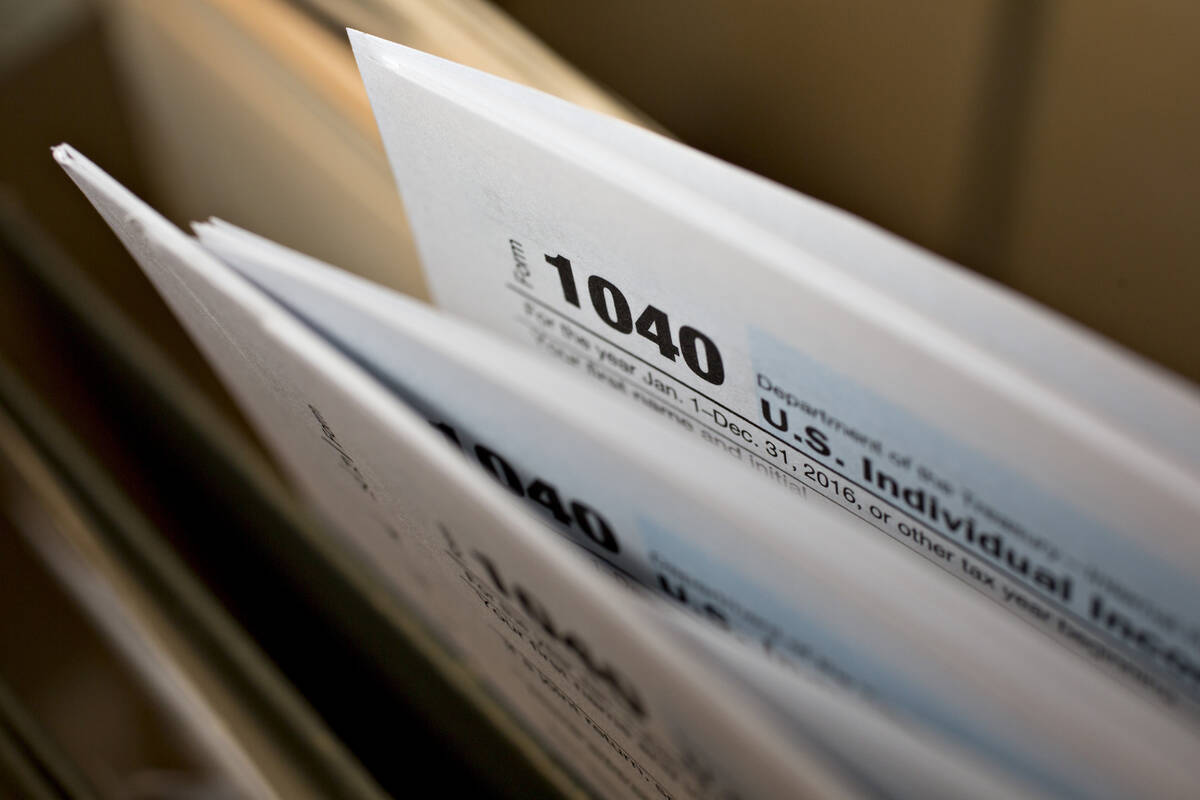The ongoing debate about tax revenue in the United States raises important questions about the effectiveness of the current system. Historically, prior to 1913, the federal government successfully relied on excise taxes and tariffs to generate revenue. These funds facilitated major infrastructure projects, including the construction of the transcontinental railroad, which played a pivotal role in expanding the country from the Atlantic to the Pacific.
Despite its historical success, the introduction of the income tax has transformed the financial landscape. While it initially aimed to provide a stable revenue source, critics argue that it has inadvertently fostered a culture of greed among public officials. The income tax, once seen as a tool for equitable wealth distribution, has led some to suggest that it has instead contributed to the accumulation of wealth among politicians, resulting in multimillionaire status for several individuals in public service.
Examining Historical Context and Current Implications
The era before the income tax saw the federal government thriving on a simpler tax structure. Tariffs from foreign imports and taxes on domestic goods were more straightforward methods of revenue collection. These fiscal policies allowed the government to fund essential services and projects effectively, while also maintaining a level of respect and stability on the international stage. The military successes and diplomatic relations established during this period showcased the country’s growing influence globally.
With the shift to an income tax system, many believe that the government’s financial priorities have shifted as well. The income tax, designed to be progressive, has led to complex regulations and loopholes that can be exploited. Critics argue that this complexity has created an environment where the wealthy can navigate the system more easily, potentially undermining the original intent of achieving fairness in taxation.
Some advocate for a reevaluation of how tax dollars are collected and allocated. They argue for a return to simpler methods that do not involve the convoluted mechanisms of the current income tax structure. The hope is that this could lead to a more transparent and accountable government, reducing the opportunities for corruption and ensuring that tax revenue is used for the public good.
Future Considerations for Tax Reform
As discussions continue about the future of tax policy in the United States, it is essential to consider the implications of various revenue models. Proposals range from reforming the existing income tax system to exploring alternatives, such as a consumption tax or flat tax. Advocates of reform argue that simplifying the tax code would not only enhance compliance but also restore public trust in the government.
Ultimately, the goal is to create a tax system that serves the interests of all citizens rather than a select few. Achieving this will require open dialogue and a willingness to explore new ideas while learning from historical successes and failures. As the nation looks forward, the conversation around tax revenue will remain a critical issue, shaping the future of governance and public service in the United States.
